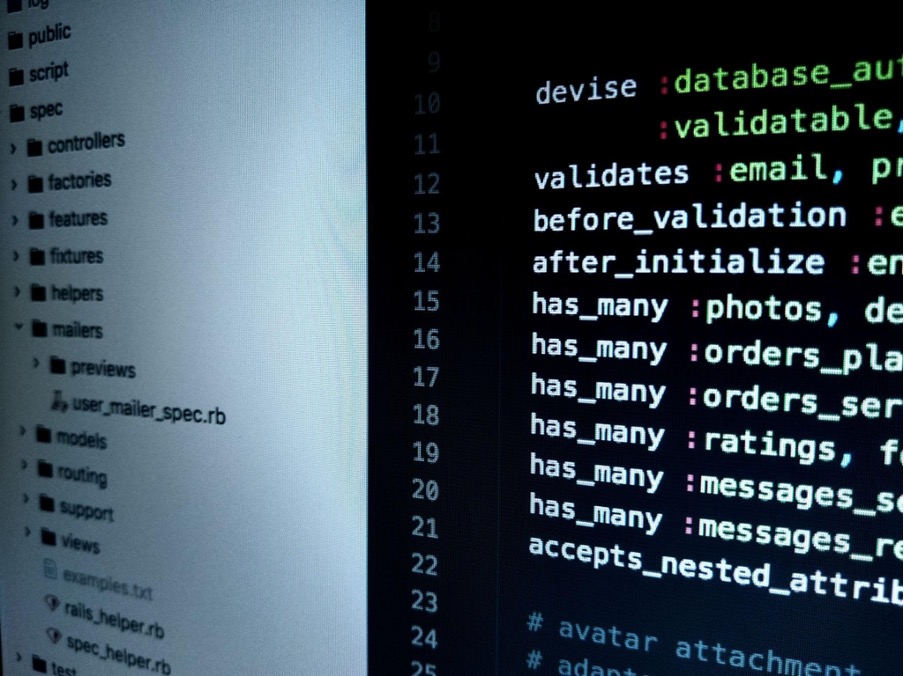
The rise of digital technologies has led to an exponential increase in online activities. However, with this rise, the threat of identity theft has also grown. A simple fake ID can enable a criminal to impersonate another individual, leading to dire consequences. In 2021 alone, the Federal Trade Commission (FTC) reported 4.8 million identity theft and fraud reports, a sharp increase from the previous years.
Given the escalating threat to online identity, there’s a growing interest in the potential of decentralized identity. In essence, decentralized identity is a concept that seeks to shift control of personal data from centralized authorities to individuals, hence termed self-sovereign identity.
Decentralized identity utilizes blockchain technology, which underpins cryptocurrencies like Bitcoin and Ethereum, to secure personal data. Blockchain’s distributed ledger technology ensures that any identity-related data stored on the network is tamper-proof and can be controlled only by the individual in question.
According to a 2022 report by MarketsandMarkets, the global decentralized identity market is projected to grow from USD 493.5 million in 2021 to USD 1,929.9 million by 2026. This growth points to the increasing adoption of blockchain technology for identity security.
The primary benefit of decentralized identity is the control it gives to users over their data. The individual has the power to decide what data to share and with whom. Additionally, with data spread across multiple nodes in a blockchain network, the risk of data breaches is considerably reduced.
However, a decentralized identity isn’t without challenges. Questions remain about how to authenticate users without a central authority reliably. Additionally, while blockchain provides a certain level of security, it’s not immune to attacks.
Adopting a decentralized identity on a broad scale involves navigating a complex regulatory landscape. Ensuring compliance with existing data protection regulations, such as the European Union’s General Data Protection Regulation (GDPR) and the California Consumer Privacy Act (CCPA) in the United States, is crucial.
Decentralized identity systems, in theory, comply with these regulations as they return data control to users. However, the implementation can be challenging. For instance, the GDPR mandates a ‘right to be forgotten,’ meaning individuals can request the deletion of their personal data. However, blockchain data is immutable, thus creating a conflict.
Gartner predicts that by 2024, 60% of large enterprises and 90% of midsize enterprises will implement some form of decentralized identity. However, for decentralized identity to become the norm, broader acceptance of blockchain technology is required. Additionally, legal and regulatory frameworks need to keep pace with these advancements.
In conclusion, decentralized identity holds immense potential in revolutionizing the way we handle and secure personal data online. While it promises a future where each individual has absolute control over their digital identity, the road to widespread adoption is fraught with challenges. However, if these hurdles are overcome, the era of self-sovereign identity may well be upon us.
Advertising disclosure: We may receive compensation for some of the links in our stories. Thank you for supporting LA Weekly and our advertisers.